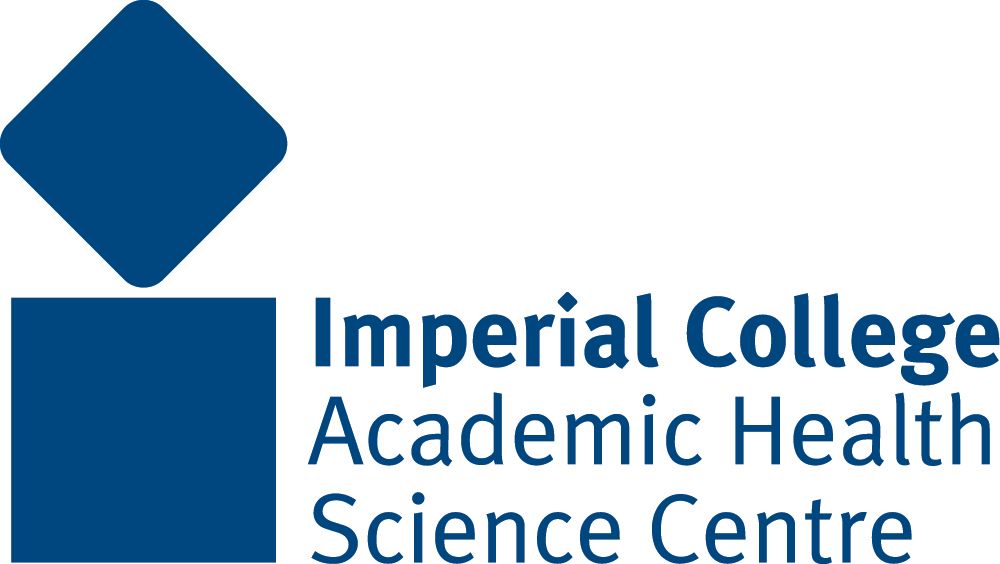Humans of health research
Interviews with researchers and patients working together to improve healthcare
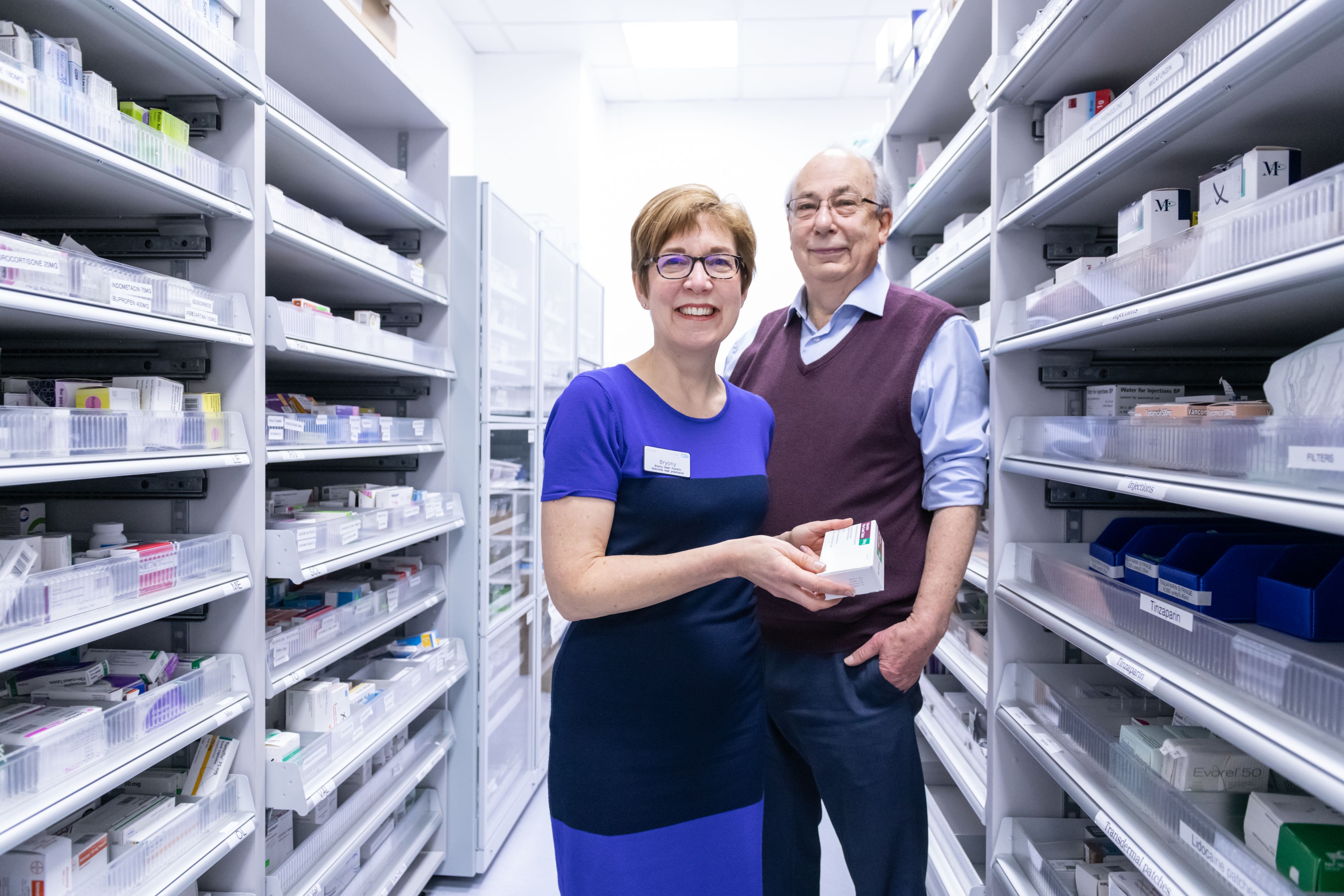
Healthcare research conducted by Imperial’s clinical academics is saving lives, improving patients' health outcomes and transforming NHS services.
To celebrate the extraordinary work of our clinical researchers Imperial College Academic Health Science Centre has launched an online photography exhibition to spotlight some of Imperial’s clinical researchers and their innovative work. It also features the patients who have benefited, and whose experiences and input have influenced and inspired the research.
Covering a broad range of medical specialities, each portrait highlights what motivates these hardworking staff as well as demonstrating why their research is vital.
In this feature, the fifth in the Humans of Health Research series, we hear from a vascular clinical research nurse on her work looking at how patients with venous leg ulcers are refereed for further investigations and treatments. We also hear from a pharmacist and her patient partner on their research work which examines how people use medicines after they have been approved.
Professor Bryony Dean Franklin
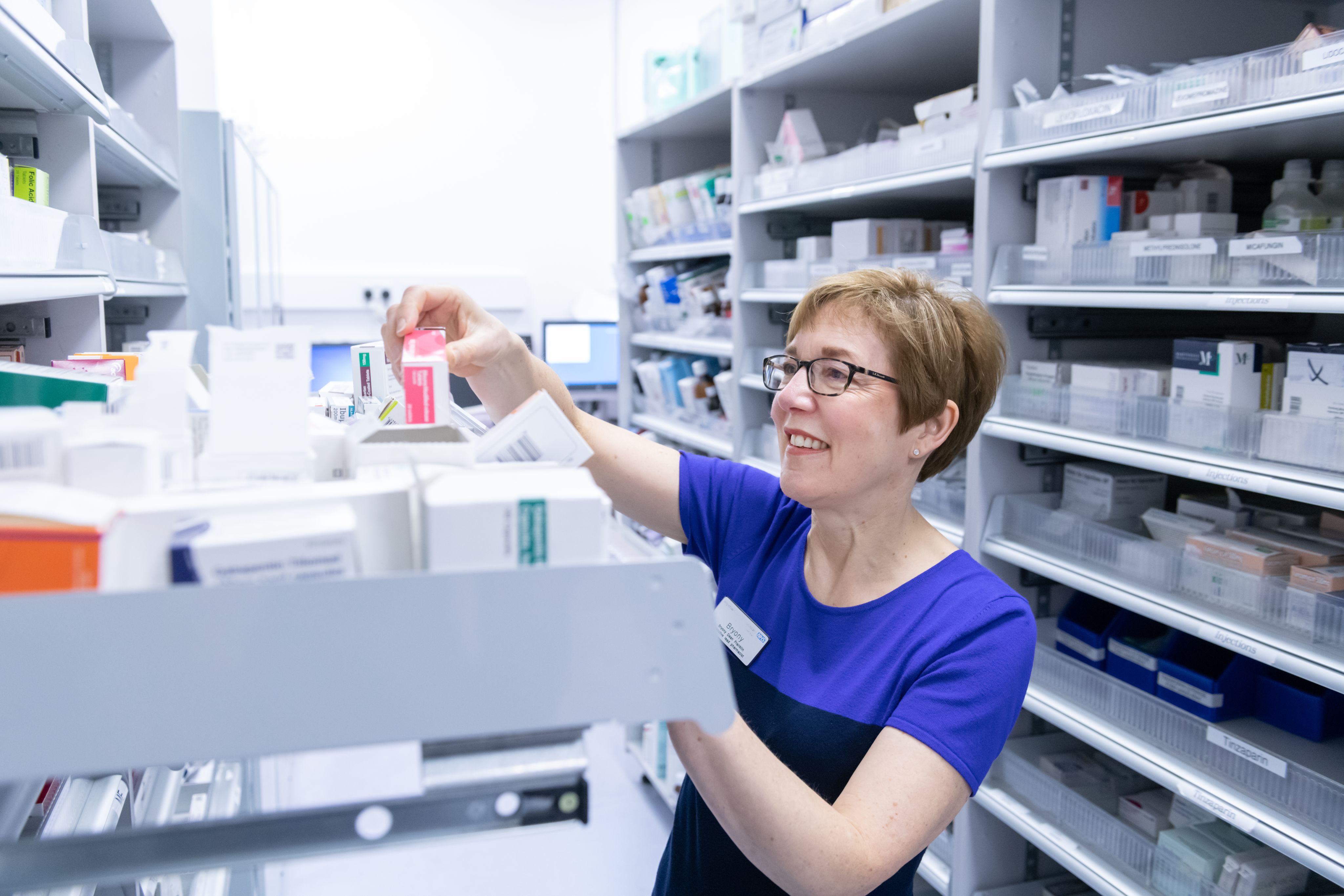
Professor Bryony Dean Franklin, Visiting Professor in the Department of Infectious Diseases at Imperial College London and Executive Lead Pharmacist (Research) at Imperial College Healthcare NHS Trust.
“I am part of a team whose research work examines how people use medicines in practice after they have been approved, following clinical trials.
“My work focuses on how healthcare professionals, patients and carers prescribe and use these drugs and on trying to support them in using them safely and to get the best benefit. I first became interested in this area when I did some research into medication safety more than 25 years ago.
“It was a very new area, at the time as nobody was looking at how nurses gave drugs on the wards, how doctors prescribed drugs, where errors might occur and how we might stop them from happening.
“I also love it when we are able to make changes in practice – that you feel like you have achieved something and, hopefully, made patient care better in some way.”
“Having patients involved in my research is vital as it’s important to learn about how they use their medicines, what is important to them, and to make sure that any solutions we develop are practical and meet their needs.
“Patients have played a key role in my work and have supported my projects in several ways such as helping us collect data and observing practice on the wards.
What we found is that patients and the public often bring a slightly different but complementary perspective to our research. If I observe, perhaps, interactions between healthcare professionals and patients on the wards, I would be quite focused on quite technical things about the medicines.
“If one of our lay partners – patient volunteers – observe that same interaction, they would be likely to pick up complementary things like, perhaps, the power dynamics, or how people position themselves around the patient’s bed. By bringing together these two different perspectives, we get a much richer understanding of how we communicate about medicines.
“There are so many elements of research that I enjoy such as working with patients, other healthcare professionals, and researchers.
“I also love it when we are able to make changes in practice – that you feel like you have achieved something and, hopefully, made patient care better in some way.”
What we found is that patients and the public often bring a slightly different but complementary perspective to our research.
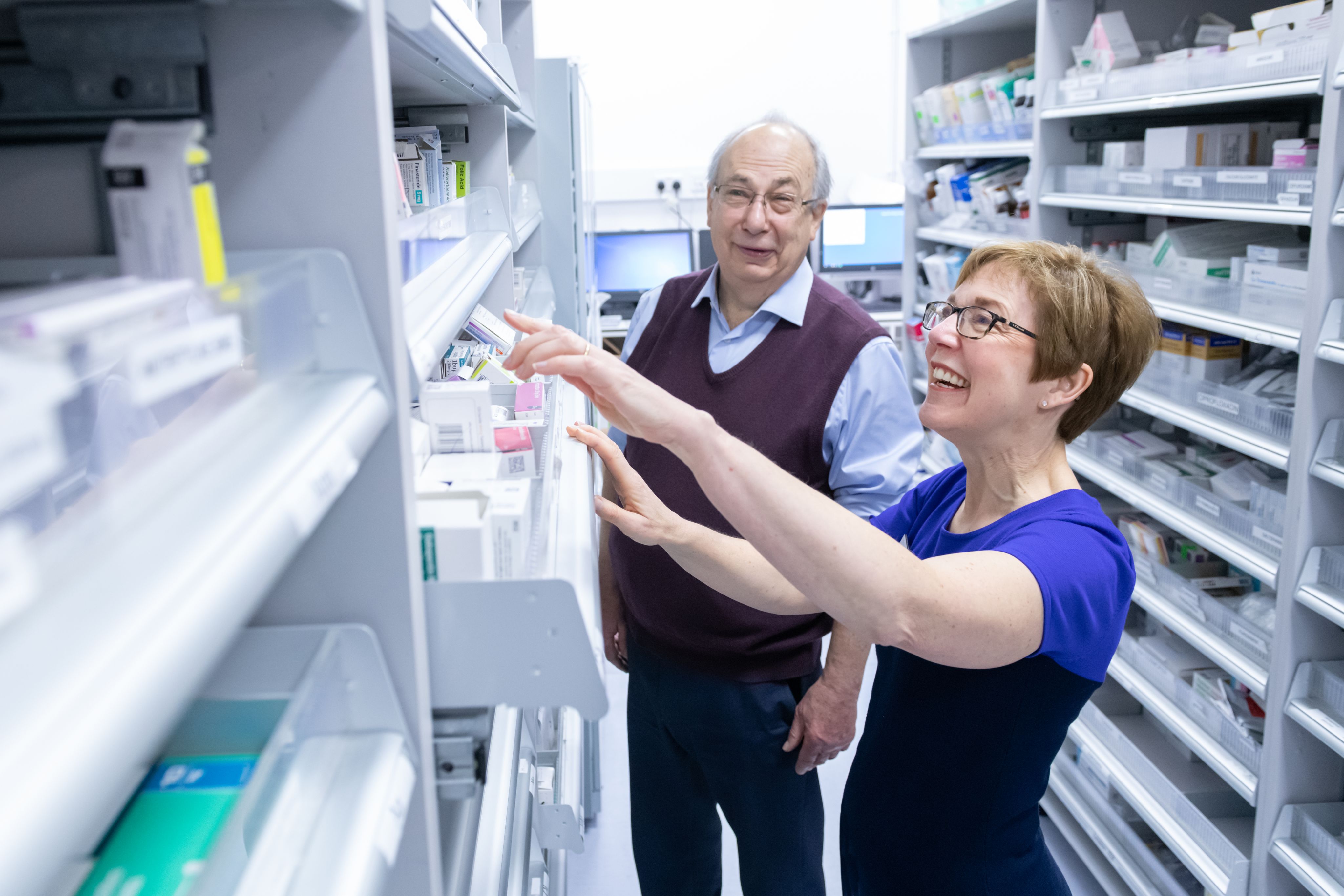
Charles Boucher
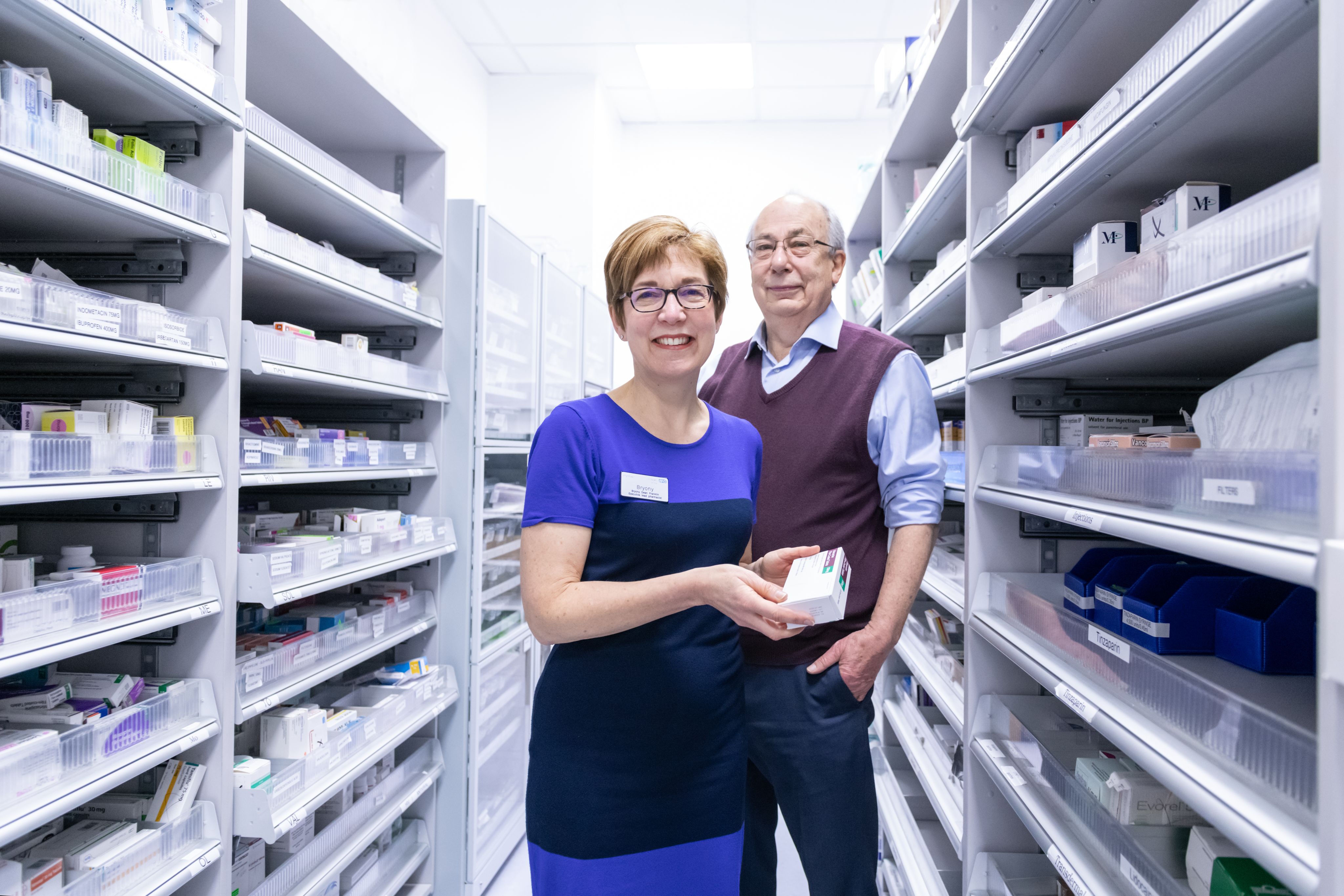
Charles Boucher is a Lay Partner at Imperial College Healthcare NHS Trust. He has worked with Professor Dean Franklin on research projects focused on patient prescribing.
“I first got involved in research more than five years ago, when I was approached to join a research group at Imperial as a lay partner – patient volunteers who work with the Trust’s clinicians and managers to help shape and oversee the development and implementation of strategies, programmes and projects.
I’ve been retired for some time and I have always had an interest in health. I feel that I am giving something back being a lay partner as well and making a contribution where I can.”
“The study was called ‘Inpatient Medication, Patient Relationships and Electronic SystemS’ (IMPRESS) and it was related to in-patient prescribing.
“The study looked at how patients in hospitals engaged with their medication and identify ways to improve safety in this area.
“They wanted to have some lay people, patients, or carers of patients, who could be part of this group and give their input into the study.
“I had been a carer for my 93-year-old mum and I was interested in the project because my mum had been in and out of hospital quite regularly and I wanted to get more involved in the drugs that were being prescribed.
“As part of the study, we helped the researchers collect data on how drugs were prescribed to the patients. We also were able to observe doctors, pharmacists and nurses administering drugs during their ward rounds and comment on this.
“I also made a presentation on the project at an international conference which was a great experience.
It is important that the findings from the projects we are involved in are rolled out so we can help more patients and make improvements in this area.
“I have seen first-hand the benefits of being part of research projects as a lay partner. I’ve been retired for some time and I have always had an interest in health. I feel that I am giving something back being a lay partner as well and making a contribution where I can.”
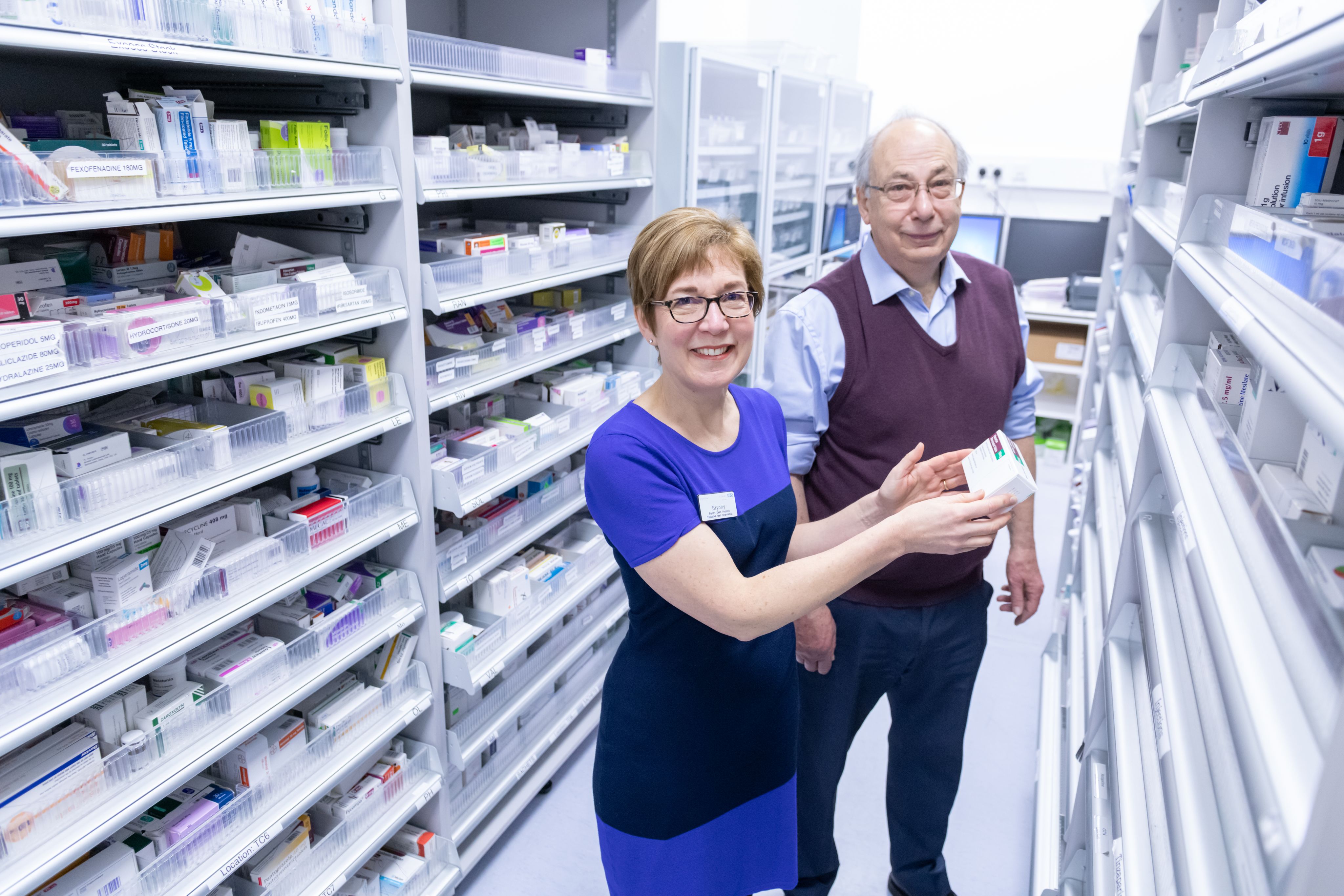
Layla Bolton
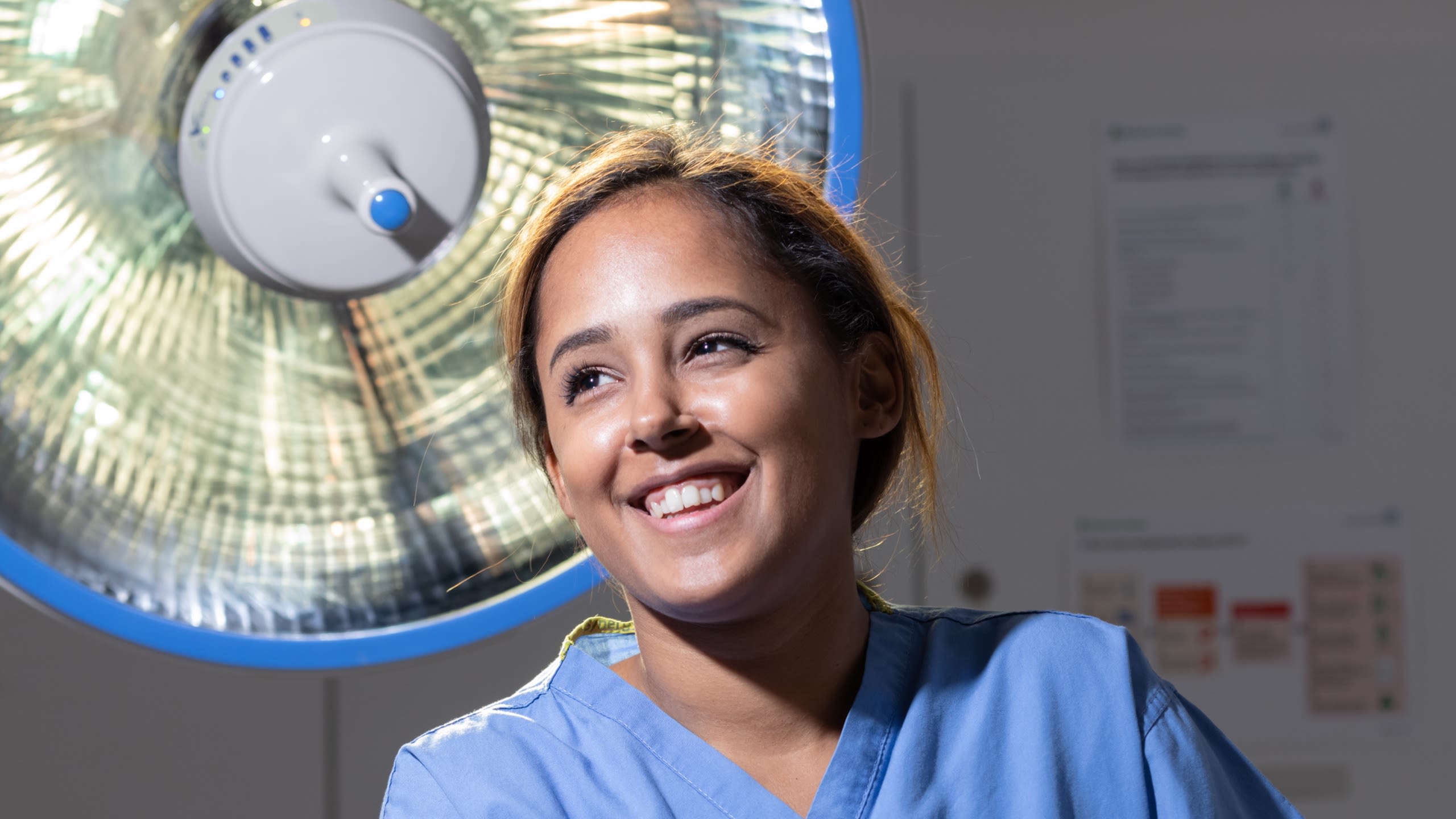
Layla Bolton Saghdaoui is a Pre-Doctoral Research Fellow in the Department of Vascular Surgery at Imperial College London and a Vascular Clinical Nurse at Imperial College Healthcare NHS Trust.
“My research is looking at the referral pathways of venous leg ulcer patient – a condition affecting around one in 300 adults in the UK.
“Venous leg ulcers are open, often painful, sores on the leg that take months to heal and can develop after a minor injury. My work is to look at how these patients are referred for further investigations from their GP or practice nurse, once they have a diagnosis, through to secondary care to get treatment for the underlying cause.
“We have some evidence that patients are not being referred within a timely manner to fit the National Institute for Health and Care Excellence (NICE) guidelines. These guidelines state that anyone who has had a venous leg ulcer for longer than two weeks should be referred to a vascular surgeon within two weeks.
Working with my patients in a research capacity has allowed them to feel even more valued because you spend more time with them, build relationships and help in a different sort of way.
That doesn’t happen often leading to delays in patients receiving treatments. We don’t know if patients are not getting GP appointments quickly enough or are not getting referred in a timely manner or at all.
Our research work is examining this process of care by interviewing patients, carers and the nurses who look after them within the community to see what their experiences of the referral pathways have been and how it has affected their life, their care, and the care they give the patients.
"We hope we can find out what the barriers are to referral and then implement changes to remove those barriers.
“This isn’t the first research project I have worked on. I was part of the team that worked on Imperial’s Early Venous Reflux Ablatio (EVRA) trial which compared the impact of giving patients with chronic venous leg ulcers a minimally invasive laser treatment at an early stage with those given the treatment at a later stage.
“It found that early treatment resulted in faster healing and significant cost savings. I hope my own work has this type of impact.
“The aspect of research I enjoy the most is being with my patients. When you are working only clinically you don’t often have the time to find out the little things that are affecting their everyday care and quality of life. Also, working with my patients in a research capacity has allowed them to feel even more valued because you spend more time with them, build relationships and help in a different sort of way.
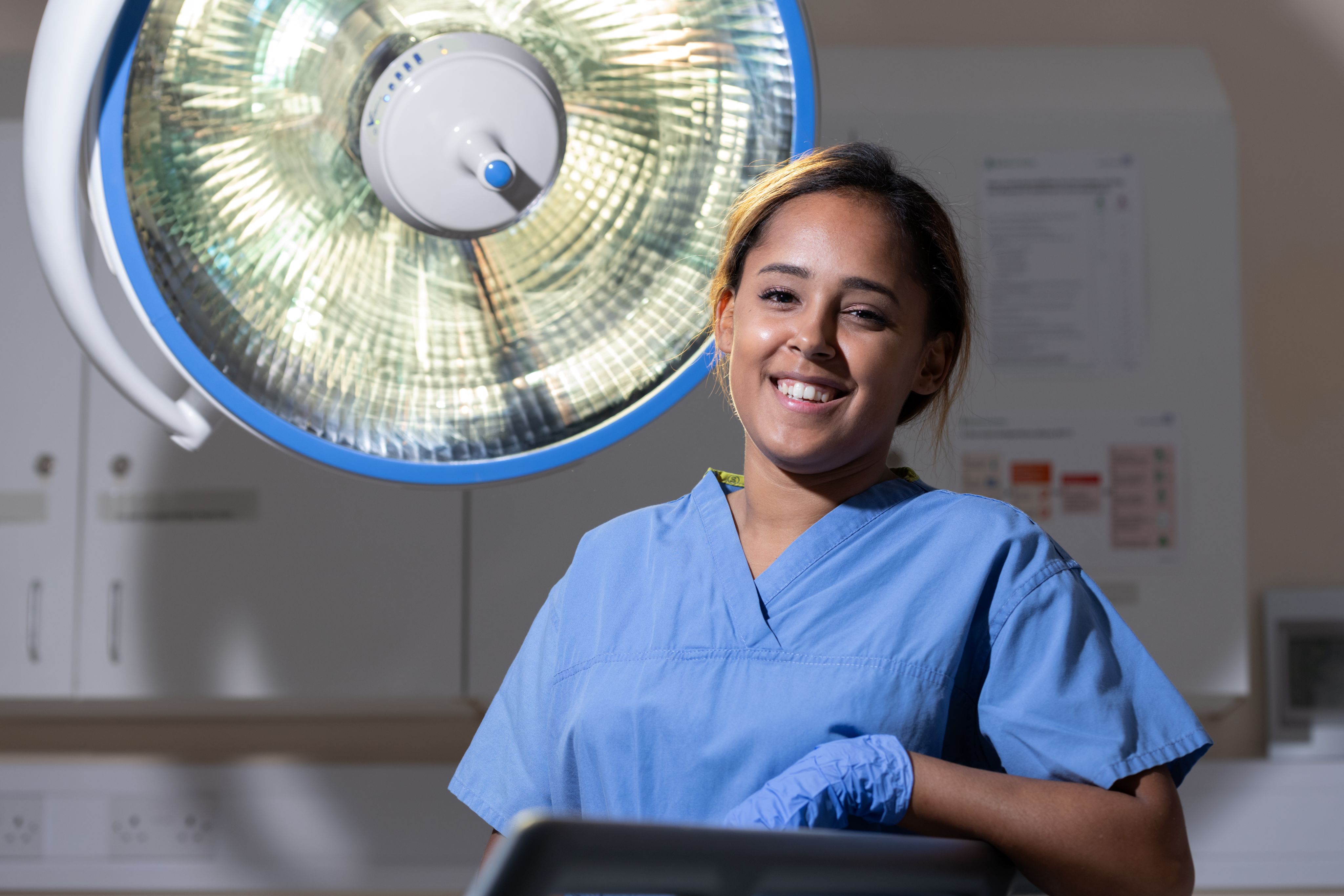
The Imperial College Academic Health Science Centre is a university-NHS partnership aiming to transform healthcare through research.


